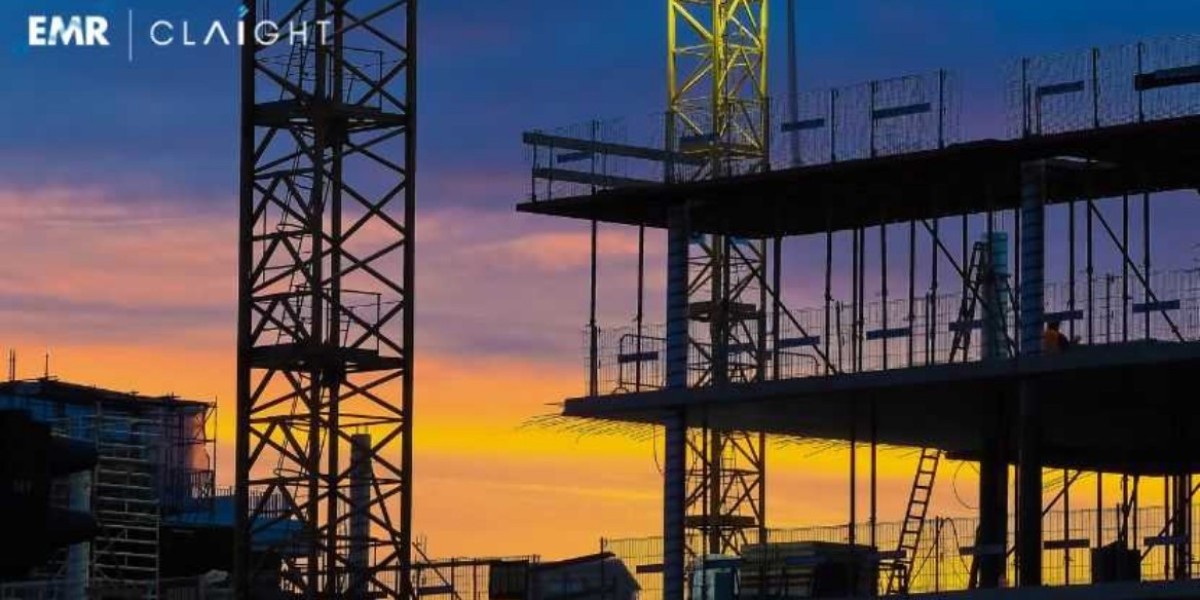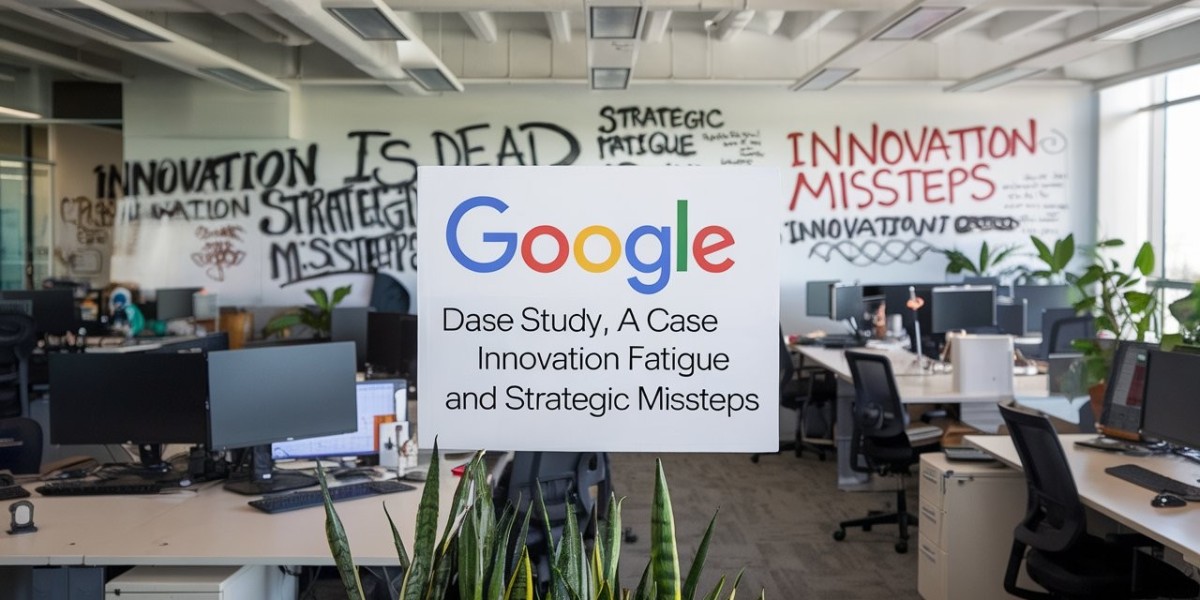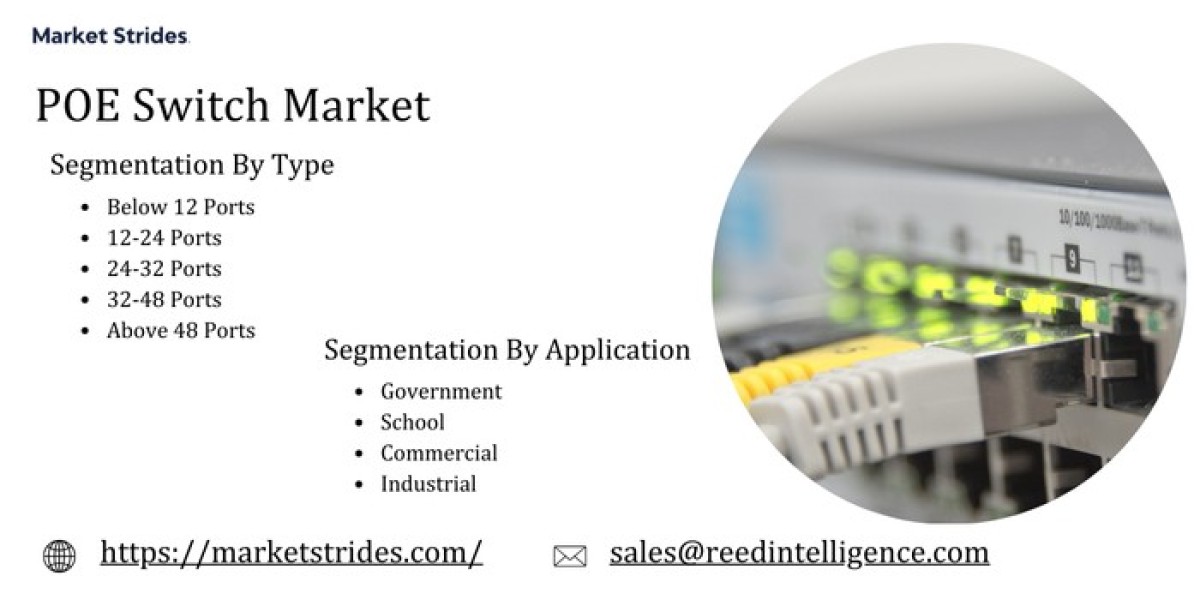The Europe construction market size is on a growth trajectory, with an estimated value of approximately USD 2,752.75 billion in 2025. As the demand for infrastructure development, residential, commercial, and industrial projects rises, the market is expected to grow at a CAGR of 4.9% from 2025 to 2033, reaching an impressive USD 4,233.96 billion by 2033. This robust growth reflects the increasing focus on sustainable development, urbanisation, and digital transformation in the construction industry.
In this blog post, we will explore the key drivers, trends, challenges, and opportunities that are shaping the future of the construction sector in Europe. We will also look into various segments within the market and discuss the role of leading companies that are driving this transformation.
Key Drivers of Growth in the Europe Construction Market
- Urbanisation and Population Growth
Europe is experiencing a steady increase in urbanisation, which is significantly boosting demand for residential and commercial infrastructure. According to the European Commission, urban areas are expected to house over 80% of the European population by 2030. This growth is contributing to a surge in real estate development and the construction of smart cities, as governments and private developers strive to meet the needs of growing populations.
- Sustainable Development and Green Building Initiatives
Sustainability is at the forefront of the construction industry’s transformation. Europe has long been a leader in pushing for environmentally responsible building practices, supported by green building standards such as LEED (Leadership in Energy and Environmental Design) and BREEAM (Building Research Establishment Environmental Assessment Method). With increasing awareness of environmental issues and climate change concerns, there is a significant demand for eco-friendly construction materials and energy-efficient buildings. Governments in the region are also implementing stricter energy efficiency regulations, which further fuel the demand for sustainable construction solutions.
- Technological Advancements in Construction
The construction sector is being increasingly influenced by digital technologies and automation. From Building Information Modeling (BIM) and robotics to 3D printing and augmented reality, the integration of cutting-edge technologies is helping streamline operations, reduce costs, and enhance precision in construction projects. The adoption of smart construction technologies also improves the management of large-scale infrastructure projects, leading to faster construction timelines and more efficient resource allocation.
- Government Investment in Infrastructure
In recent years, many European governments have significantly increased their investment in infrastructure projects, especially in transportation, utilities, and public buildings. With major initiatives such as the EU Green Deal and the Recovery and Resilience Facility (RRF), governments are financing large-scale infrastructure projects aimed at improving transport networks, enhancing public utilities, and building sustainable energy infrastructure. These investments are expected to drive the demand for construction services, particularly in infrastructure development.
- Post-Pandemic Construction Boom
The aftermath of the COVID-19 pandemic has led to a surge in reconstruction projects and facility upgrades. With the reopening of economies, there is a growing demand for the renovation of commercial properties, public facilities, and residential buildings to meet new health and safety standards. The focus on contactless and hygienic infrastructure has also created new opportunities for construction companies.
Challenges in the European Construction Market
- Labour Shortages and Skill Gaps
One of the biggest challenges facing the European construction industry is a shortage of skilled labour. The construction workforce is ageing, and there is a growing skills gap, particularly in the fields of engineering, design, and project management. This shortage is compounded by difficulties in attracting younger generations to the industry, further hindering growth potential.
- Rising Material Costs
The cost of construction materials, particularly steel, wood, and cement, has been volatile in recent years. Supply chain disruptions, logistical challenges, and increased demand for construction materials have led to price hikes, which affect both the profit margins of construction companies and the overall cost of projects. The rising costs can lead to project delays or cost overruns, which pose a significant risk to the stability of the industry.
- Regulatory and Compliance Hurdles
The European construction market is subject to strict regulatory frameworks, with varying requirements across different countries. Navigating these regulations, from building codes to health and safety standards, can be complex for construction companies, especially those working across multiple countries. Furthermore, changes in government policies, such as new tax laws or tariffs, can create uncertainty in the market, slowing down decision-making and impacting project timelines.
- Environmental Sustainability Challenges
While there is strong demand for sustainable building practices, the transition to greener construction is not without its challenges. The need for energy-efficient materials, low-carbon construction processes, and waste reduction in construction projects requires significant investments in research and development. Adopting green practices can also increase the initial costs of projects, making it difficult for some companies to balance sustainability with cost-effectiveness.
Emerging Trends in the European Construction Market
- Modular and Prefabricated Construction
Modular construction, where buildings are assembled off-site and then transported to the site, is gaining popularity due to its cost-effectiveness and speed. This method allows for greater precision and can be more environmentally friendly due to reduced waste. The trend towards prefabrication is expected to continue growing, particularly in the residential sector, where affordable housing is in high demand.
- Smart Cities and Infrastructure
As urbanisation increases, smart city developments are becoming more prevalent in Europe. These cities incorporate advanced technologies such as IoT (Internet of Things), smart grids, and AI-driven infrastructure to improve the efficiency of energy use, transport systems, and public services. The demand for construction of smart infrastructure is expected to grow, creating significant opportunities for construction companies involved in urban planning and infrastructure development.
- Digitalisation and Automation in Construction
The integration of automation and digital tools such as drones, robots, and artificial intelligence is transforming the way construction projects are executed. Companies are increasingly using digital platforms for project management, ensuring better collaboration, faster decision-making, and improved cost control. The automation of tasks like bricklaying or painting also enhances efficiency and reduces human error, pushing the boundaries of construction possibilities.
Market Segmentation: Product Type, End User, and Region
Product Type:
- Residential Construction: Growth in urbanisation and housing demand drives the growth of the residential construction segment.
- Commercial and Industrial Construction: Increased investments in commercial properties, office spaces, and retail centres boost this segment.
- Infrastructure Construction: Significant demand for transportation and utility infrastructure underpins the continued growth in this segment.
End User:
- Public Sector: Governments are major clients for large-scale infrastructure projects.
- Private Sector: Private companies and developers are key players in residential and commercial construction.
Region:
- Western Europe: Established markets such as the UK, France, and Germany continue to dominate the construction sector.
- Eastern Europe: Emerging markets in Eastern Europe are seeing rapid urban development and increased construction activity.
Leading Companies in the European Construction Market
Some of the prominent players driving growth in the European construction sector include:
- VINCI SA
- ACS Group
- Skanska AB
- Bouygues Construction
- Hochtief AG
- Eiffage S.A.








